Preserving on PaperSeventeenth-Century Englishwomen's Receipt Books
Apricot wine and stewed calf’s head, melancholy medicine and “ointment of roses.”
Welcome to the cookbook Shakespeare would have recognized. Preserving on Paper is a critical edition of three seventeenth-century receipt books–handwritten manuals that included a combination of culinary recipes, medical remedies, and household tips which documented the work of women at home. Kristine Kowalchuk argues that receipt books served as a form of folk writing, where knowledge was shared and passed between generations. These texts played an important role in the history of women’s writing and literacy and contributed greatly to issues of authorship, authority, and book history. Kowalchuk’s revelatory interdisciplinary study offers unique insights into early modern women’s writings and the original sharing economy.
Kristine Kowalchuk is an instructor of critical reading and writing at the Northern Alberta Institute of Technology.
Historical Introduction
Note on the Text
Three Seventeenth-Century Receipt Books:
I. MS V.a.430
Receipt Book attributed to Mary Granville and Anne Granville D’Ewes
Translations of Spanish Recipes
II. MS V.a.20
Receipt Book attributed to Constance Hall
III. MS V.a.450
Cookery and Medical Receipt Book attributed to Lettice Pudsey
Culinary, Medical, and Household Terms Glossary
Works Cited


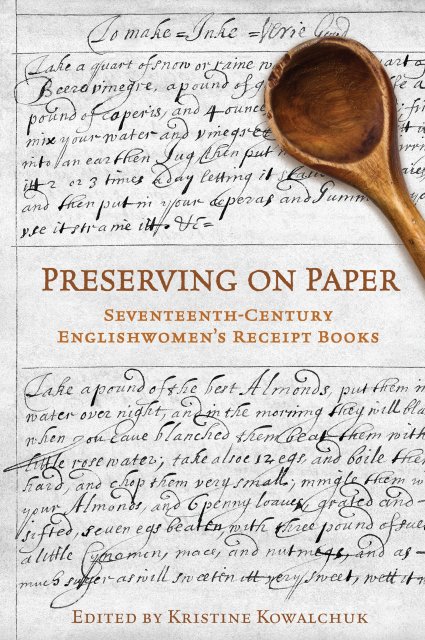


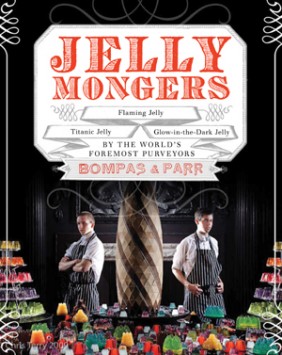
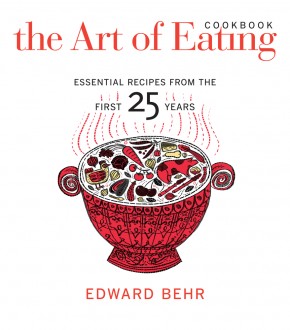
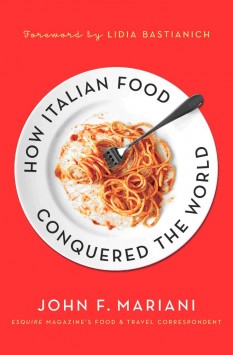
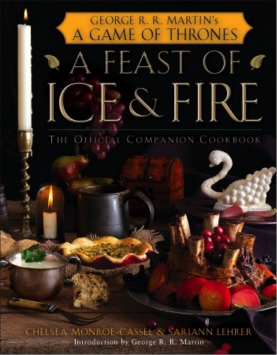
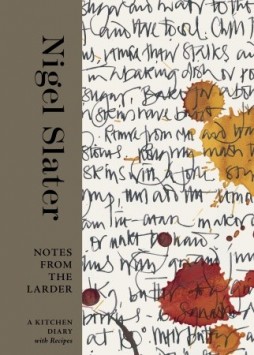
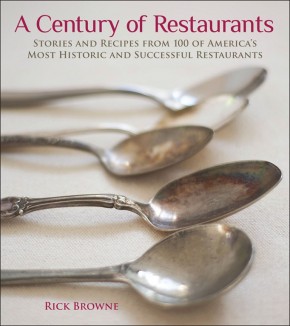
Leave a Reply